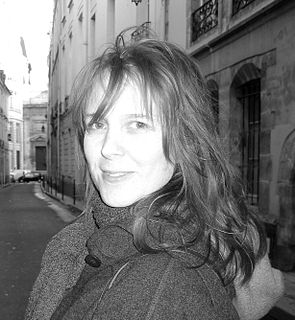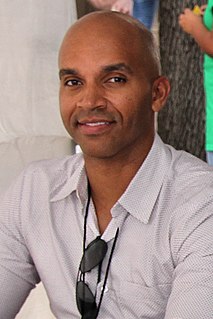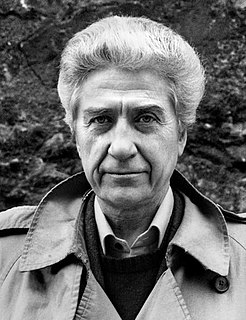A Quote by Tom Ford
A film, since it is primarily a visual medium, should really be like a silent film. You should be able to watch something and understand what was going on and use voice when you need to communicate something you can't necessarily communicate visually. The book is the opposite. The book is an inner monologue which is beautiful.
Related Quotes
I don't think all films should necessarily look like they do on digital video. I think it cheats the audience, at some point. If you try to make an epic and you shoot it digitally, that doesn't make much sense. I think there's a certain kind of film that could be a "digital film." But it shouldn't be interchangeable with other films. It should be something more than just a capture medium. It should be a different form altogether, something new.
["Fear & Loathing in Las Vegas"] is a very hard book to translate to film because there's so much interior monologue. The what if factor. I tried to write it cinematically and let the dialogue carry it but I forgot about the interior monologue. It's kind of hard to show what's going on in the head. I think we should do it like a documentary.
The following are the universally fundamental laws of literary communication: 1. one must have something to communicate; 2. one must have someone to whom to communicate it; 3. one must really communicate it, not merely express it for oneself alone. Otherwise it would be more to the point to remain silent.
I really needed to dramatize and clarify that Rachel was taking strides towards her own healing and her own sobriety - and that she was actually thoroughly frightened about what she may have done.This was something that was so beautifully done in the book [The Girl on the Train] through inner monologue, but I couldn't just have a whole film filled with inner monologues. So going to Alcoholics Anonymous was a very simple solution to that problem.
I think, for me, there's The Book I Should Write and The Book I Wanted to Write - and they weren't the same book. The Book I Should Write should be realistic, since I studied English Lit. It should be cultural. It should reflect where I am today. The Book I Wanted to Write would probably include flying women, magic, and all of that.
Your first film is always your best film, in a way. There's something about your first film that you never ever get back to, but you should always try. It's that slight sense of not knowing what you're doing, because the technical skills you learn - especially if you have a film that works, that has some kind of success - are beguiling. The temptation is to use them again, and they're not necessarily good storytelling techniques.








































